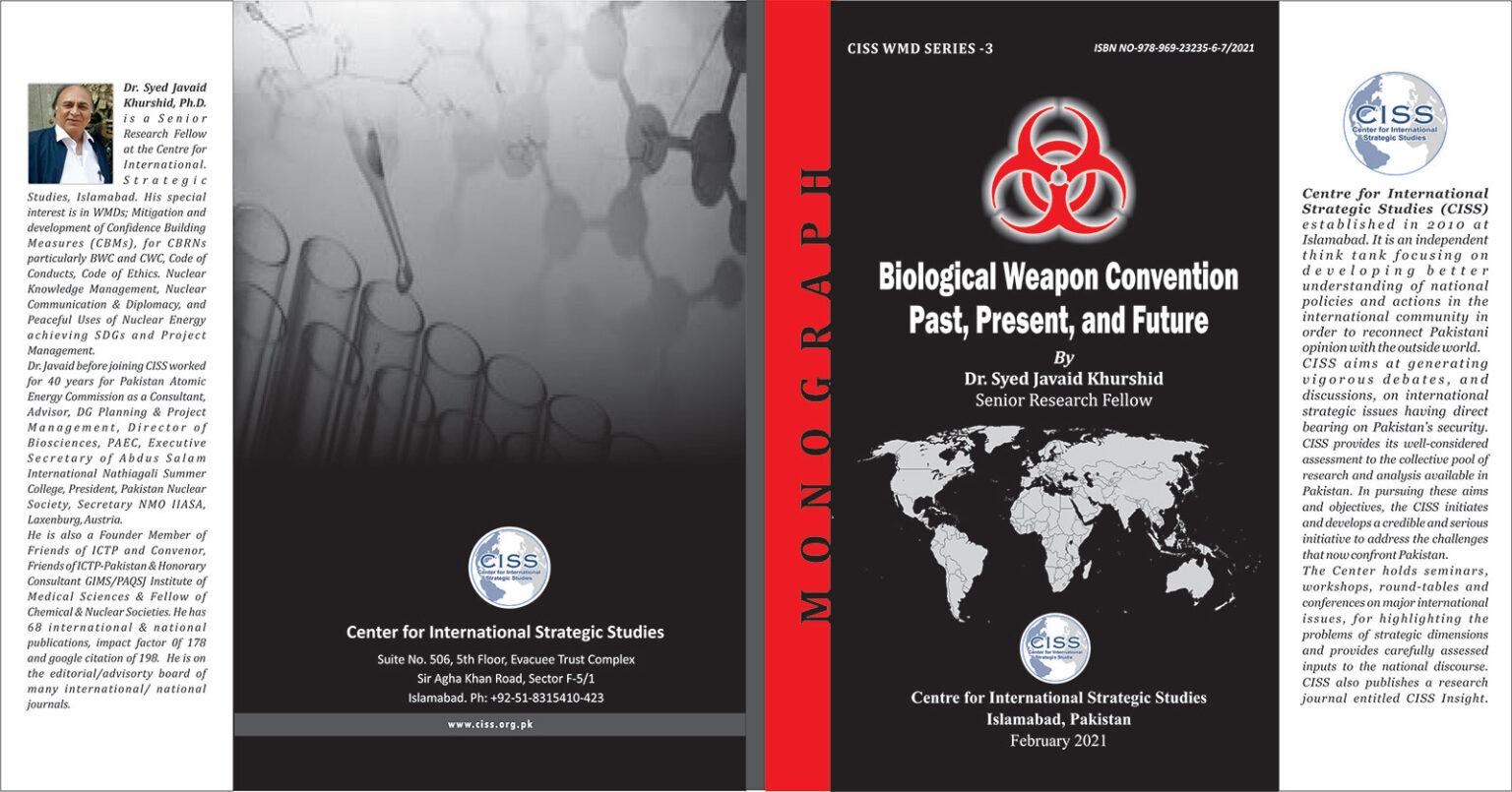FOREWORD
Biological Weapon Convention is the only legally binding treaty which controls the biological arms. Opened in April 1972 for signature end entered into force in March 1975. BWC currently has 183 states parties.
The world has recently seen the widespread of COVID–19 pandemic, disinformation, conspiracy theories regarding the nature of the virus. However, the fact remains that whatever the origin of the outbreak, whether natural, accidental, or deliberate by state or nonstate actors, the world needs to be better prepared to prevent mitigate, and face any pandemic in the future.
The topic comes always under discussion in State Party meetings of experts and in review conferences. Such meetings also offer an opportunity to government officials, responsible for the implementation of BWC, and to evaluate the current progress of BWC implementation. In this regard, the Ninth Review Committee coming up in the middle of 2021 after COVID-19 will be very important and will have a lot of things to discuss on the agenda This overview of BWC is a timely effort by the author to highlight the progress, deficiencies, and future of BWC, for solving the deficiencies in case of any pandemic outbreak in the future.

